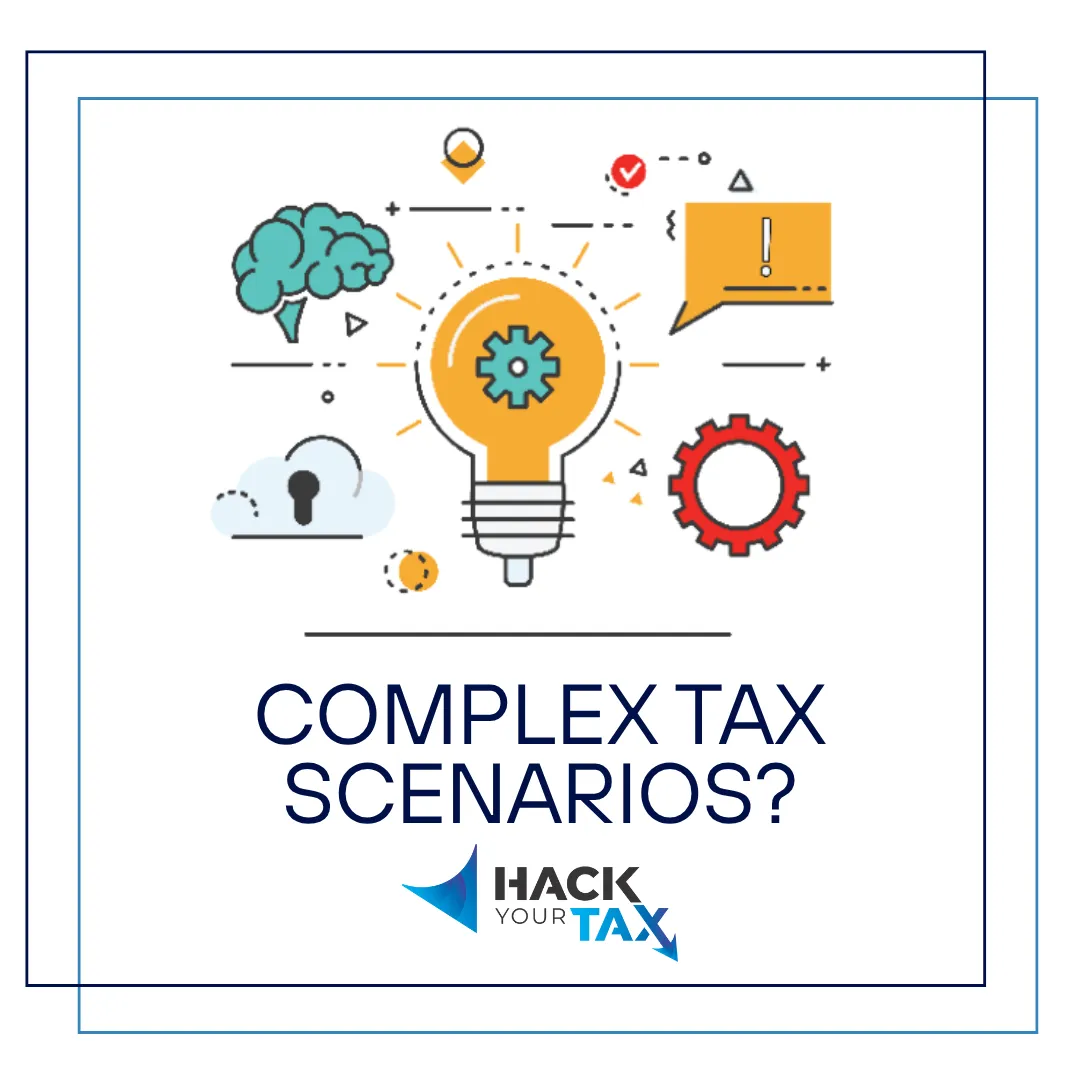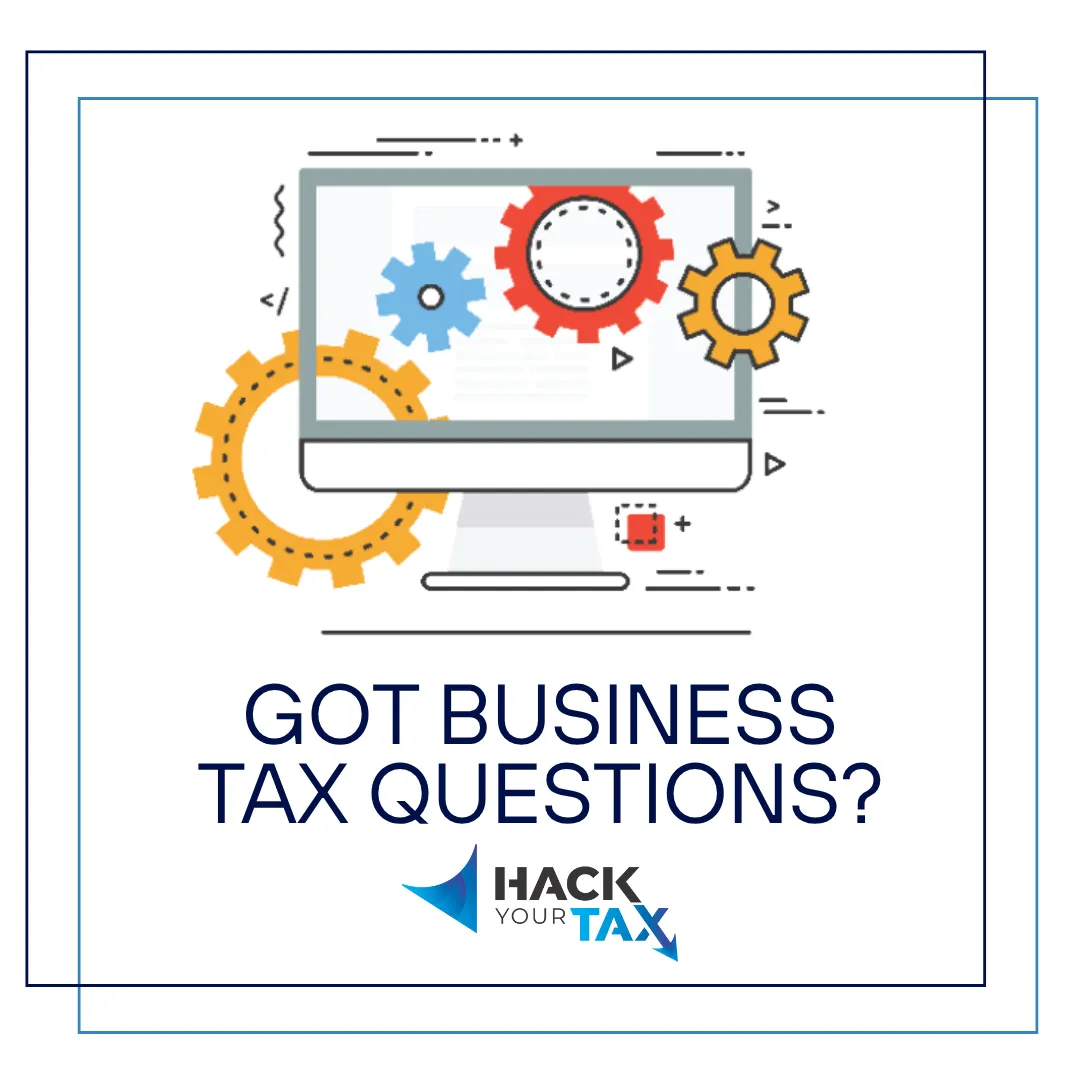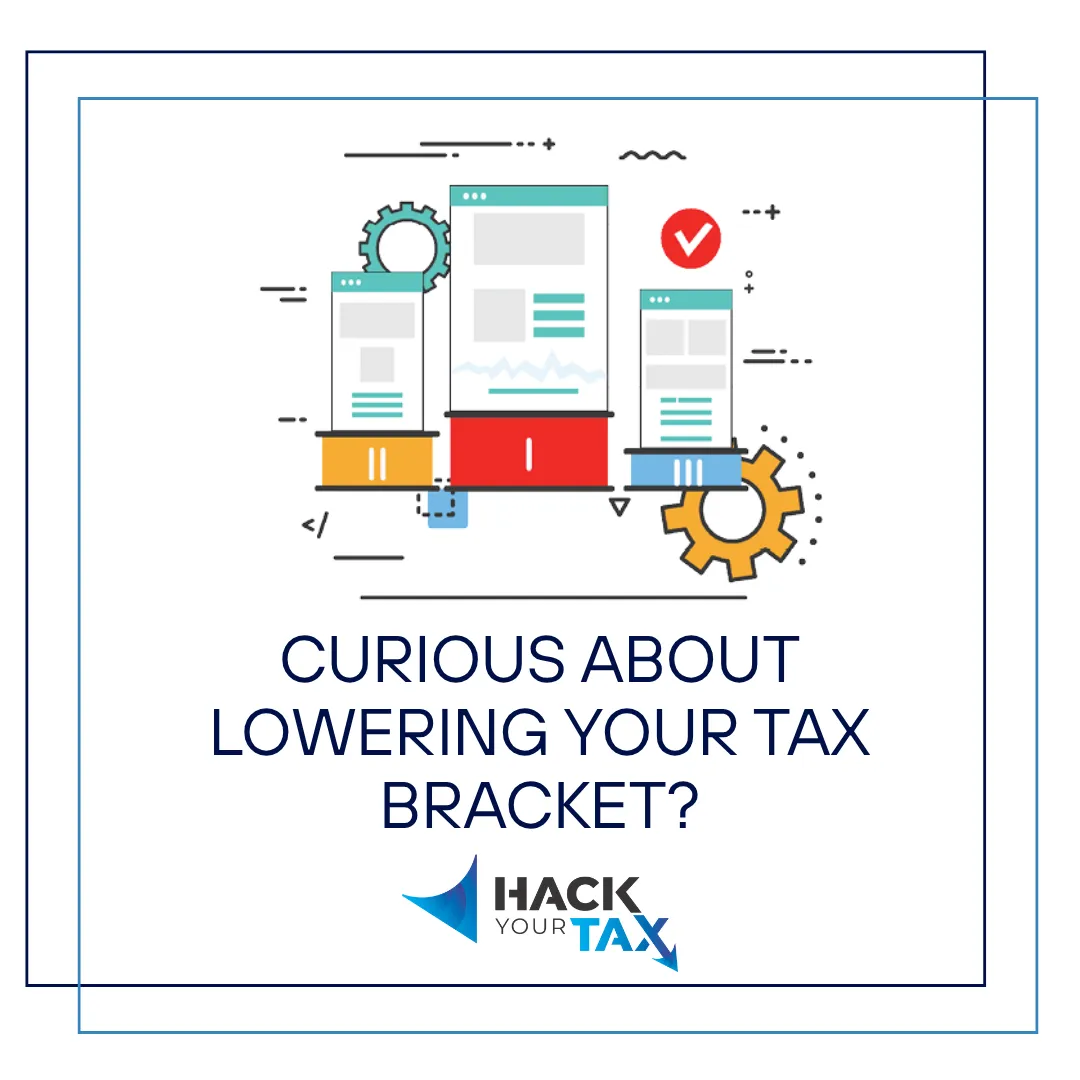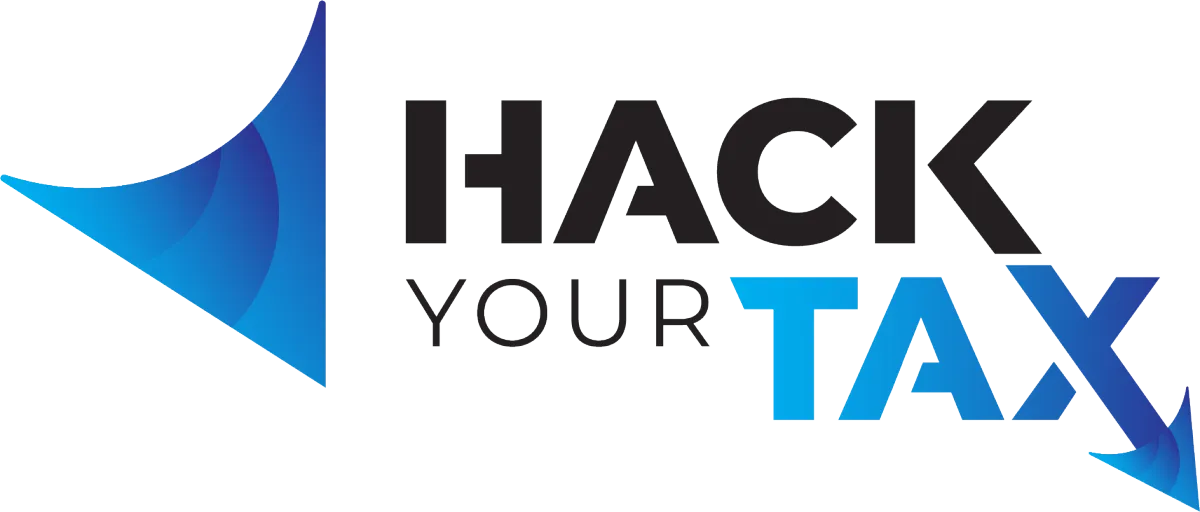Expert Tax Planning and Accounting Services in Fort Smith
Most tax firms just file your return—we partner with you year-round, using proactive strategies and meticulous attention to detail to reduce your tax burden and eliminate unwanted surprises.
Pay Less Tax Legally
Start Planning Today
Don’t wait until tax season to think about your taxes. Our expert CPA provides year-round planning that saves you money and reduces surprises.
Why Choose Hack Your Tax?
Year-Round support and Guidance
Proactive communication and strategy
Deep knowledge of Tax laws
Tax planning isn’t something you can leave until tax season. Ignoring your tax strategy could cost you thousands every year. By staying in constant communication, we’ll keep you informed about the latest tax laws and your changing life circumstances—ensuring you're always ahead of the game.
From individuals to small and large businesses, our comprehensive approach looks at your entire financial picture, minimizing your tax burden and maximizing your wealth potential.
Customized Tax Preparation & Planning for Fort Smith Individuals and Businesses

At Hack Your Tax, we help you find your lowest tax bracket—and stay there for life. With years of experience, we provide innovative tax solutions and personalized advisory services that reduce your tax burden quickly and legally—for both individuals and businesses.
Partner With Us
At Hack Your Tax, we don’t just help you file your taxes. We partner with you to plan ahead, reducing your tax burden at both federal and state levels—for life. Whether you're an individual, entrepreneur, or business owner, our expert tax planning ensures you're always in your lowest tax bracket.
Don’t wait for tax season surprises! Let’s start planning today so you can keep more of what you earn.

Personalized Service, Proactive Strategies, and Innovation



Testimonials
Frequently Asked Questions
Q:
What types of clients do you work with?
We work with a diverse range of clients, including high-net-worth individuals, entrepreneurs, and small and large businesses. Whether you're an individual looking to optimize your personal tax situation or a business seeking to reduce your tax burden, we provide personalized, proactive tax strategies that cater to your unique needs.
Q:
How can proactive tax planning benefit me?
Proactive tax planning allows you to reduce your tax burden before tax season arrives. By making informed decisions throughout the year—like timing income and expenses, utilizing deductions, and planning for future investments—we can help you minimize taxes and maximize savings. This approach not only helps you avoid surprise tax bills, but it also puts you in control of your financial future.
Q:
How is Hack Your Tax different from other tax professionals?
At Hack Your Tax, we take a year-round, proactive approach to tax planning. Unlike traditional tax preparers, who focus only on filing taxes at year-end, we continuously monitor your financial situation to find tax-saving opportunities throughout the year. Our team has the expertise to navigate the complex tax code, providing strategies tailored to your financial goals, whether you’re managing personal taxes, a business, or both.
Q:
How do I get started with Hack Your Tax?
Getting started is simple! Just reach out to us to schedule a free consultation. During this initial meeting, we’ll discuss your tax situation, understand your goals, and outline a plan to help you reduce your taxes and maximize your financial potential. Whether you’re new to tax planning or looking to optimize your current strategy, we’re here to guide you every step of the way.
Get in touch with us
Ready to take control of your tax situation and start saving more money? Whether you're an individual, entrepreneur, or business owner, we’re here to help you navigate the complexities of tax planning with confidence.
Let’s start a conversation today!
Our team is here to listen to your needs, answer your questions, and provide you with a customized tax strategy that aligns with your financial goals.
Contact us today to schedule a consultation or get answers to your tax-related questions.
We look forward to helping you reduce your tax burden and build a brighter financial future.
(479) 512-4829
200 North Greenwood Ave
- Monday - Friday, 8:00 am - 5:00 pm
Send us a Message

Follow Us
Follow Us
At Hack Your Tax, we provide tax planning services customized to your needs and goals. Whether you’re an entrepreneur in need of financial advice while starting up your business, an established business owner wanting to reach new financial growth goals, or an individual looking for the best tax plan for you and your family — our team is here to help.
Hack Your Tax is not licensed by the Arkansas State Board of Accountancy
© Copyright 2025. Hack Your Tax. All rights reserved.
Site designed and maintained by KatyK Designs
